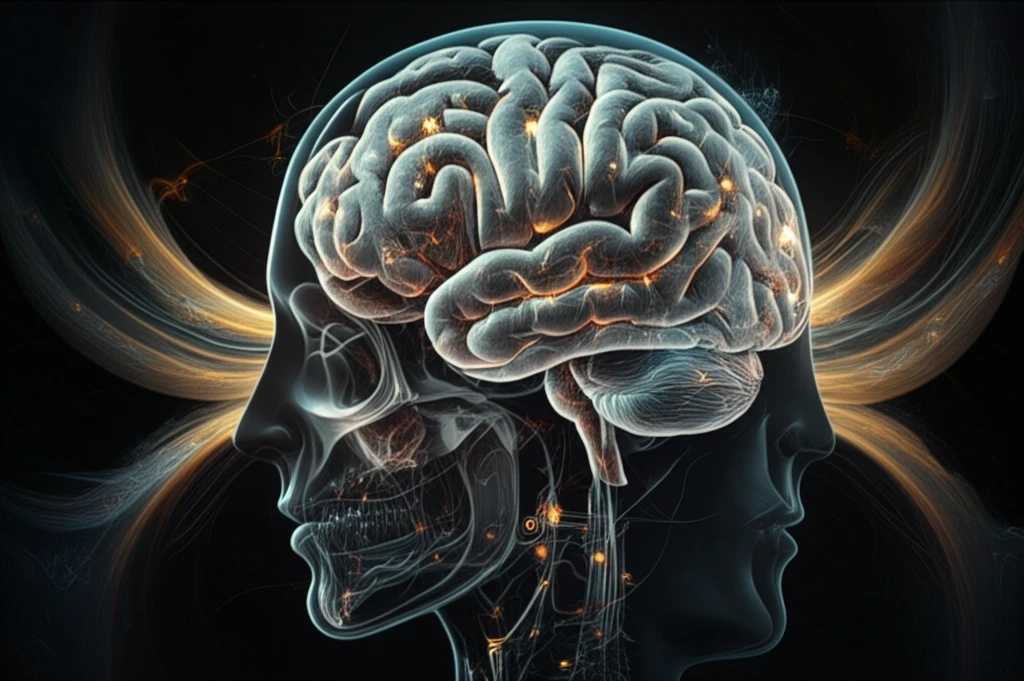
Rewiring the Brain: Can Neuromodulation Revolutionize Mental Health Treatment?
"Explore how neuromodulation offers new hope for those seeking alternatives to traditional psychiatric medications and therapies, targeting brain networks for improved mental well-being."
In the quest for effective mental health treatments, a new frontier has emerged: neuromodulation. This innovative approach involves using energy fields, such as electricity or magnetism, to alter the function of the nervous system. The goal? To alleviate psychiatric symptoms and improve overall mental well-being. While the concept might sound futuristic, the roots of neuromodulation extend back centuries.
Neuromodulation, in various forms, has been employed to treat physical ailments for over a thousand years. However, its application to psychiatric disorders gained prominence in the last century. Electroconvulsive therapy (ECT), introduced in the 1930s, became a recognized treatment for severe depression, catatonia, and other severe mental health conditions. Since then, technological advancements have led to the development of vagus nerve stimulation (VNS), repetitive transcranial magnetic stimulation (rTMS), and deep brain stimulation (DBS).
The past decade has witnessed a surge of interest in emerging technologies within neuromodulation. These include novel adaptations and approaches to rTMS, such as those synchronized to brain rhythms, or employing novel stimulation patterns, as well as low-intensity electrical stimulation. This resurgence is driven by several factors, highlighting neuromodulation's potential to reshape psychiatric care.
Why Neuromodulation Could Be the Future of Mental Health Treatment

Neuromodulation's appeal lies in its ability to directly target electrical activity within brain networks. This is a significant departure from traditional pharmacotherapy, which primarily focuses on manipulating neurotransmitter levels. By acting through different mechanisms, neuromodulation offers a potential avenue for treatment success, particularly in cases where medications have proven ineffective.
- Targets Brain Networks: Direct impact on brain circuitry, unlike systemic drug effects.
- Alternative Mechanism: Offers a different approach when medications fail.
- Precise Targeting: Aims for specific neural circuits to maximize therapeutic effects.
A Hopeful Outlook
The field of neuromodulation is still in its relative infancy, but the potential to reduce patients' symptoms is very real and reachable. While the most work to date remains in depression, there is optimism that lessons learned from using neuromodulation in depression can be applied more broadly, to yield an entirely different way to care for patients suffering from these terrible diseases. The convergence of technological advancements, a deeper understanding of brain circuitry, and a growing recognition of the limitations of current treatments positions neuromodulation as a transformative force in mental health care. As research progresses and clinical applications expand, neuromodulation holds the promise of a future where mental health challenges are met with targeted, effective, and personalized interventions.
